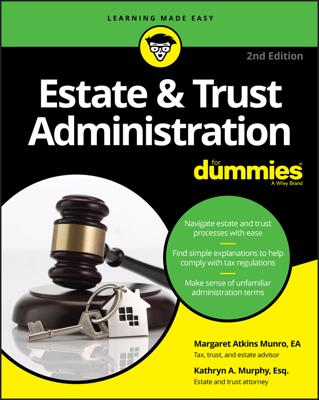As a trustee, you have a fiduciary duty to the trust. You must always act in accordance with the terms of the trust instrument. Your attorney can advise you as to the law regarding your duties and limitations. To avoid potential lawsuits or problems, you will need to know how much discretion you are empowered to exercise in administering the trust. You will also want to obtain errors and omissions insurance.
Exercising discretion in trust administration
The degree of power you have to exercise discretion in your role as trustee depends on the language of the trust instrument. Some of this is dictated by tax law if you’re a family trustee. The grantor gives you a framework within which to work, but also trusts you to make the best possible choices when necessary.
Whether you have a great deal or only a tiny amount, some discretion is necessary as trustee. You must be able to make and change investments in a way you feel benefits the trust.
As trustee, you’re often in the position of acting in place of the grantor. Somehow, you’re expected to do what he or she would have done in the same situation. The closer your personal relationship with the grantor, the more likely you’ll be to act in a way in which the grantor would have approved. Applying what you know about the grantor to a situation can help you with difficult decisions.
Document everything that you’re asked to distribute by the beneficiary. If you’re helping him or her to buy a house, make sure that you have copies of all the house purchase documents. If it’s a request for school tuition, keep a copy of all the school bills you pay.
Obtaining errors and omissions insurance
In these litigious times, no one is immune to lawsuits, and that includes you in your role as trustee. In order to protect yourself, don’t forget to obtain errors and omissions insurance. This insurance protects against claims by beneficiaries that you haven’t fulfilled your fiduciary duty in the management and administration of the trust. Contact your insurance broker about obtaining this insurance, which is a deductible trust expense.
Without errors and admissions insurance, if you make a mistake in administering the trust, no matter how unintentional, a disgruntled beneficiary can go after you and your personal assets. If you have insurance coverage, the insurance company will defend you against a questionable lawsuit, because it won’t want to pay out a claim unless it feels the claim is justified. Buying this insurance is money well spent.

